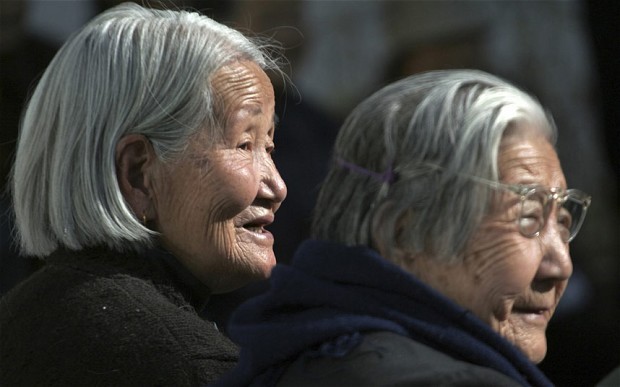Guangzhou, the capital of south China's Guangdong Province, has launched its first nursing home established specifically for "shidu" elderly, those who are aged and have lost their only child.
The nursing home has 25 rooms with two beds per room. All rooms have a television set, air conditioning unit, balcony and an emergency alarm. There is also a shared kitchen.
Other facilities in the nursing home include multiple rooms for face-to-face chatting, psychological counseling and other similar services. The management staff, nurses, caregivers and social workers have also been assigned to provide specific services.
The nursing home has been designed to resemble an ordinary nursing home, both in appearance and services offered. This has been done with the sensitive nature of the "shidu" elderly in mind.
In order to qualify as eligible, applicants must be registered permanent members of Guangzhou and must be free of infectious diseases or disposition to violence. Eligible seniors may apply on the nursing home's online platform.
As of July 30, 29 "shidu" elderly have applied to stay at the nursing home. They have the option whether to stay in the special "Shidu Elderly" area of the nursing home or live with all the other seniors in the facility.
Since the one-child policy was enacted in the 1970s in an effort to control China's population growth, the number of "shidu" elderly over the age of 50 has been growing. According to the Ministry of Health, there are at least one million "shidu" families in China, with an additional 76,000 every year.
The government has acknowledged that in a society that relies on family members to care for the elderly, "shidu" elderly are especially vulnerable under the one-child policy. In 2013, the one-child policy was relaxed, allowing families to have two children if one parent is an only child.
In addition to mental distress, "shidu" elderly are also faced with certain challenges when it comes to basic needs.
When applying to a nursing home, there is no child to sign documents for them, making receiving surgery difficult. They also have trouble in finances, such as applying for a credit card or a loan, because they have no child to act as a guarantor.



























